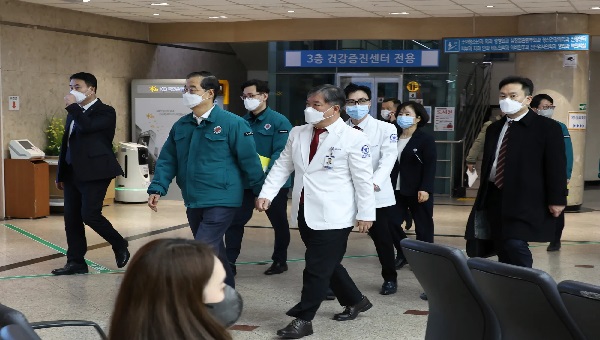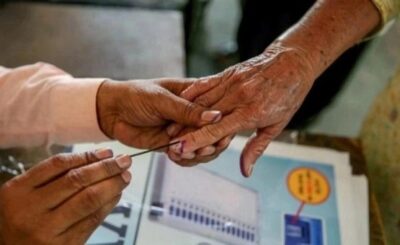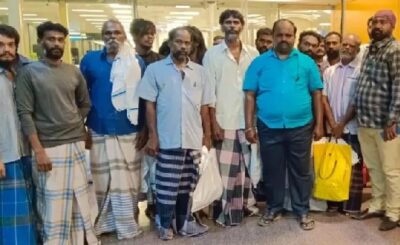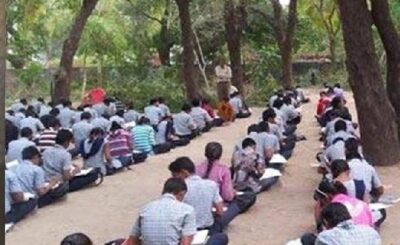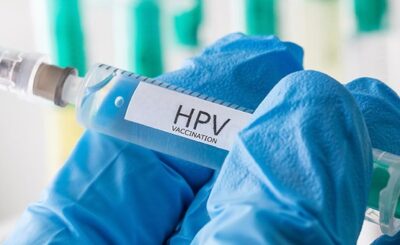Global Voice
Major general hospitals in Seoul and elsewhere struggled to cope with patients as thousands of trainee doctors left their worksites in protest of a plan to boost the number of medical students.
A confrontation between doctors and the government over the plan to raise the medical school admission quota by 2,000 seats intensified as authorities pledged to seek arrest warrants in principle for those who spearhead the collective resignations by interns and resident doctors nationwide.
As of Wednesday night, 9,275 trainee doctors, or 74.4 percent of all junior doctors, have submitted their resignations, and 8,024 of them have left their worksites, Second Vice Health Minister Park Min-soo told reporters.
South Korea’s medical landscape has been gripped with the fear of a major health care crisis, with doctors leaving their patients, claiming that the nation does not need more doctors because it has enough already and that the policy change will lower the quality of medical services in the future.
They argue that the increase is needless due to a decreasing population and the country’s already easy access to medical care. Outpatient care per person was 14.7 times a year here, higher than the Organization for Economic Cooperation and Development average of 5.9, according to the 2020 statistics.
They have also been calling for the government to seek other ways to better allocate doctors to “unpopular medical departments” such as pediatric care, obstetrics and gynecology, as well as to boost compensation.
They assert that doctors abandoned these less popular departments because the medical services they offer are significantly undervalued compared to those in “popular departments” like dermatology and plastic surgery, where medical costs are not regulated by the health insurance system, but are set arbitrarily by the doctors themselves. They argue that a system allowing the cost of childbirth by a gynecologist, for instance, to be much lower than a simple laser skin treatment by a dermatologist has led many to opt for the latter profession.
Responding to the demands, the government said necessary medical fields incompatible with the fee-for-service system would benefit from the public policy fee under the health insurance policy it announced earlier this month.
Under the scheme, pediatrics, critical care, mental health and infectious disease sectors will receive payments depending on the urgency of the procedures and the difficulties and risks of the services not reflected in the fee-for-service system.


